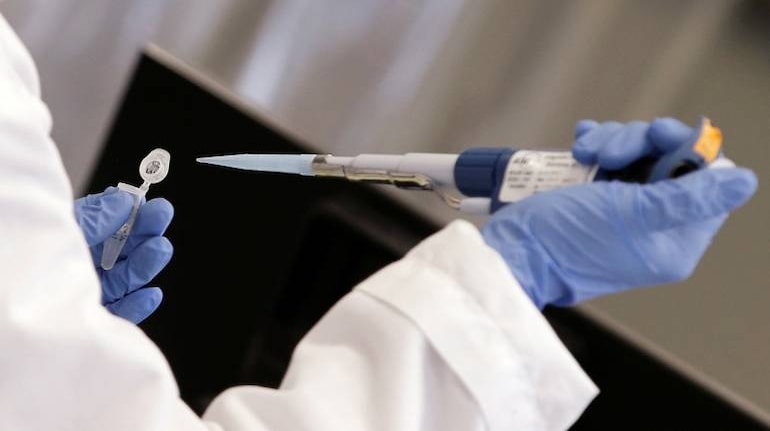



Indian Council of Medical Research (ICMR) has partnered with Bharat Biotech International Limited (BBIL) to develop a fully indigenous vaccine for COVID-19, the apex health research body said on Saturday.
The vaccine will be developed using the virus strain isolated at the ICMR's National Institute of Virology (NIV), Pune, a statement said.
The strain has been successfully transferred from NIV to BBIL, it added.
Coronavirus India LIVE News Updates
"Work on vaccine development has been initiated between the two partners. The ICMR-NIV will provide continuous support to BBIL for vaccine development. ICMR and BBIL will seek fast-track approvals to expedite vaccine development, subsequent animal studies and clinical evaluation of the candidate vaccine," the health research body said in the statement.
The death toll due to COVID-19 rose to 1,981 and the number of cases climbed to 59,662 in the country on Saturday, according to the Union Health Ministry.
Discover the latest Business News, Sensex, and Nifty updates. Obtain Personal Finance insights, tax queries, and expert opinions on Moneycontrol or download the Moneycontrol App to stay updated!
Find the best of Al News in one place, specially curated for you every weekend.
Stay on top of the latest tech trends and biggest startup news.